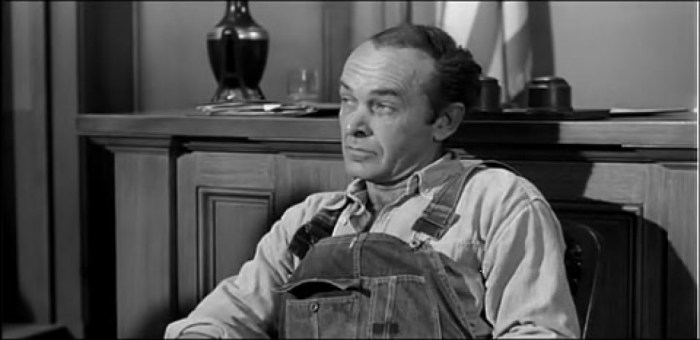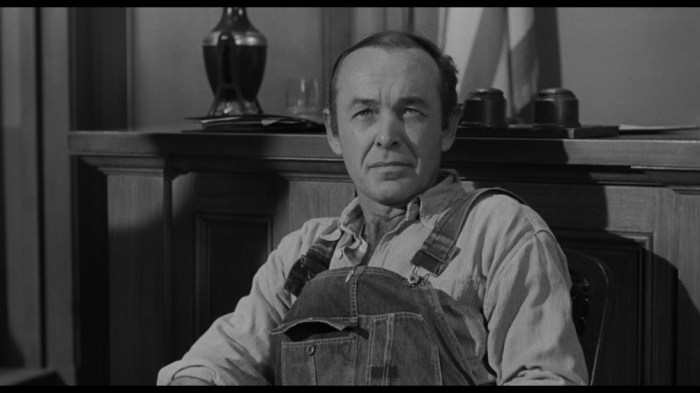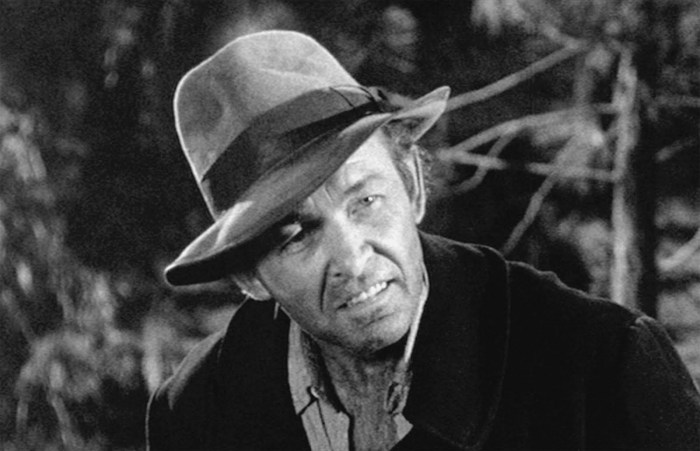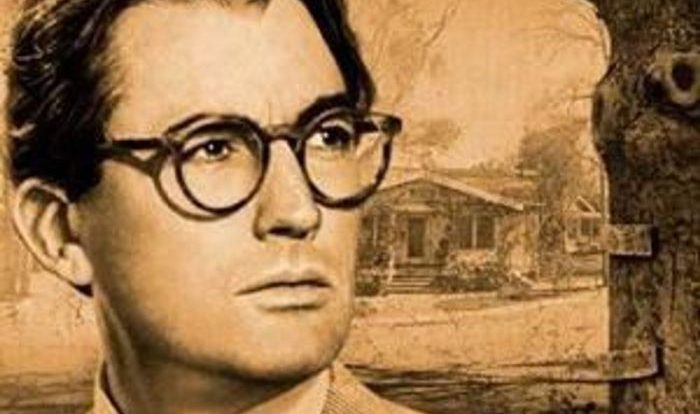Who was burris ewell in to kill a mockingbird – In the tapestry of Harper Lee’s To Kill a Mockingbird, Burris Ewell emerges as a pivotal figure, embodying the novel’s exploration of prejudice, injustice, and the corrosive effects of hatred. This enigmatic antagonist leaves an indelible mark on the narrative, shaping the fates of its characters and mirroring the social tensions that permeate Maycomb, Alabama.
Burris Ewell’s impoverished background, fraught family dynamics, and status as an outcast within the community provide a complex backdrop for understanding his motivations and actions. His interactions with Tom Robinson, the Finch family, and other characters reveal his deep-seated prejudices, resentments, and insecurities, while his testimony during Tom Robinson’s trial serves as a catalyst for the novel’s exploration of racial injustice and the ethical implications of prejudice.
FAQ Overview: Who Was Burris Ewell In To Kill A Mockingbird
What is Burris Ewell’s significance in To Kill a Mockingbird?
Burris Ewell represents the pervasive prejudice and social divisions within Maycomb, highlighting the destructive consequences of intolerance and hatred.
How does Burris Ewell’s testimony impact the trial of Tom Robinson?
Ewell’s false testimony contributes to the jury’s guilty verdict, demonstrating the power of prejudice to distort justice.
What are Burris Ewell’s motivations for his actions?
Ewell’s actions are driven by his deep-seated prejudices, resentments, and insecurities, fueled by his impoverished background and social isolation.



